
As women excel in the corporate world, maintaining good health is vital. Regular blood tests, including glucose, cholesterol, thyroid, and vitamin D, help monitor well-being. Lab Testing API offers easy access to these tests, empowering women to prioritize preventive care.

Type 2 diabetes can be managed with weight loss achieved through a healthy diet and exercise. Consult with your healthcare provider to set realistic goals and ensure your plan is safe and effective. Focus on healthy eating by avoiding sugary and unhealthy foods and opting for nutrient-dense ones. Incorporate regular physical activity, monitor your blood sugar levels, and stay motivated. Lab Testing API offers tests to monitor your diabetes and make informed decisions about your health. Achieve your weight loss goals safely and effectively to manage type 2 diabetes and reduce the risk of complications.

General wellness tests and screenings are a preventative method of managing health risks and improving overall health. This article discusses the five simple general wellness blood tests that are normally suggested during your visit to a healthcare practitioner. Other tests may also be recommended by your doctor based on your personal health profile (PHP).
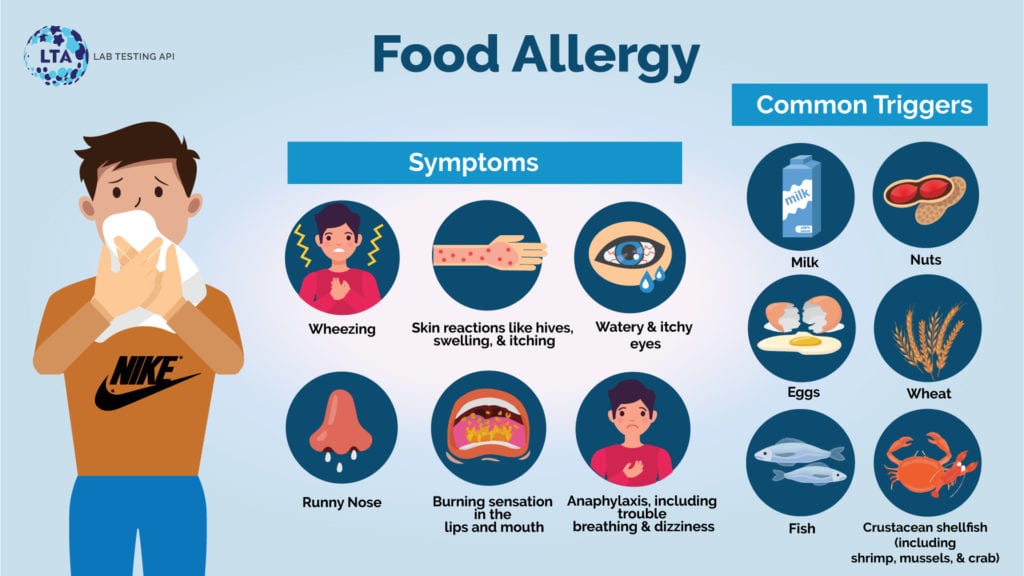
A food allergy is a condition whereby someone’s immune system shows an overblown response to a normally harmless type of food. The most classic example includes difficulty in breathing and a sudden drop in blood pressure due to exposure to peanuts or seafood. In some severe cases, exposure to an allergen can result in a life-threatening reaction called anaphylaxis.
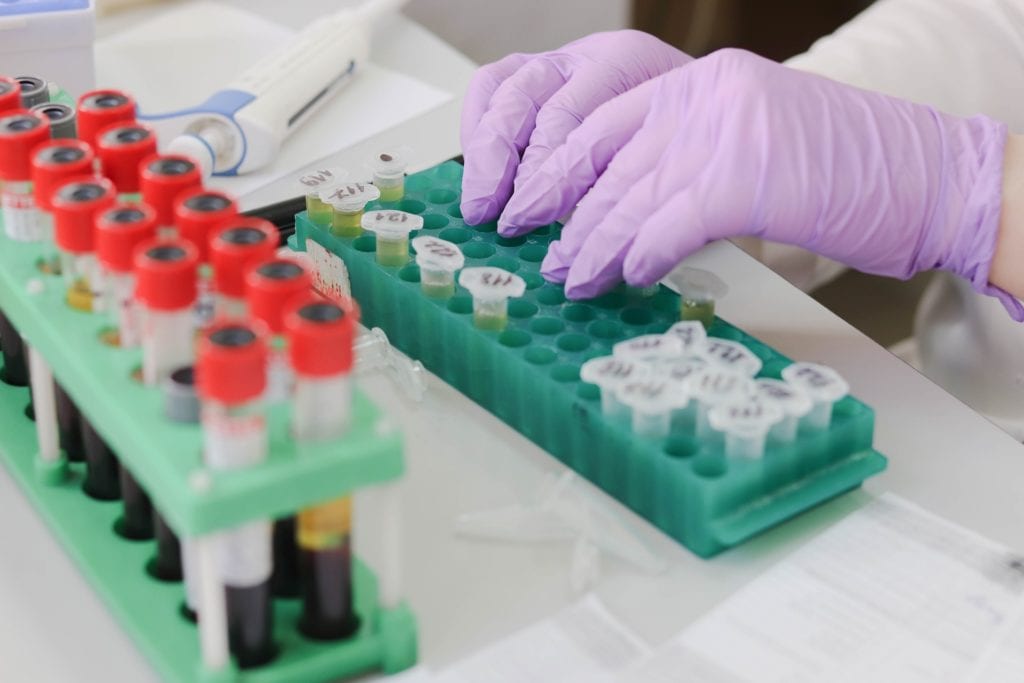
Testing your blood and urine can let your doctor see how your body is working. This blog post explains why blood and urine tests are performed, their types, and the procedure for sample collection.

This article is an extension of our previous post “Blood Tests Administered During Pregnancy- Part 1”, where we identified the blood tests usually ordered during the first trimester of pregnancy. This article discusses the blood tests to be taken during the second and third trimester of pregnancy to detect and monitor the conditions that may affect the health of the unborn baby or the mother.

During the journey of pregnancy, prenatal care plays an important role. Prenatal care is when you get check-ups, blood tests, and all other routine tests from a doctor, nurse, or midwife throughout your pregnancy. This blog discusses the blood tests to be taken during the first trimester of pregnancy.
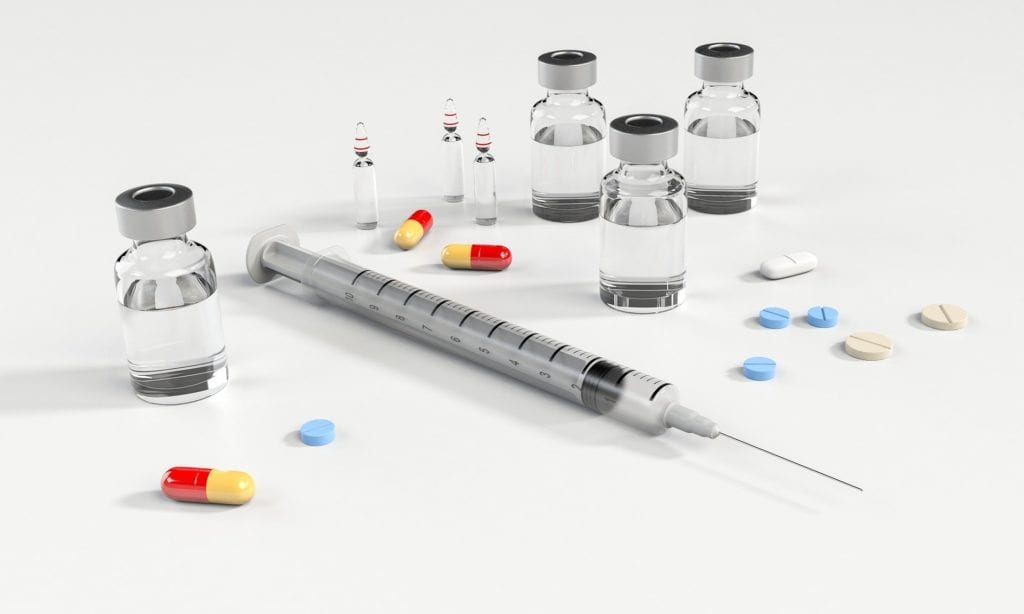
There are two types of healthcare we may receive, namely ‘Preventive’ and ‘Diagnostic’. In general, both are ways to help you stay healthy as much as possible. Knowing the difference between these two healthcare matters and it is always advisable to have a clear picture of them.
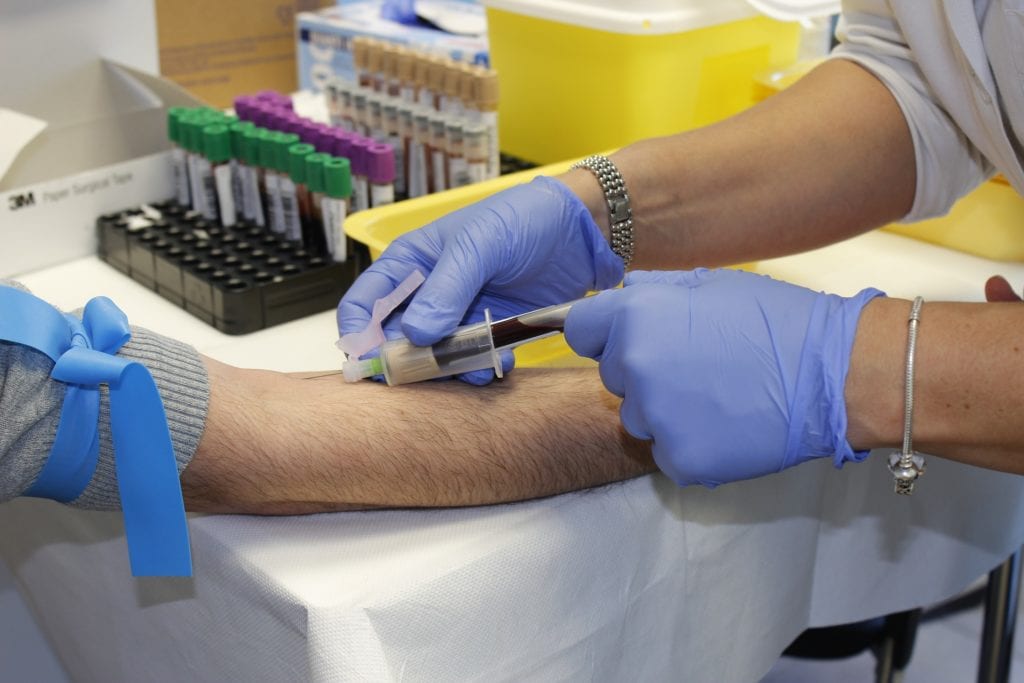
For most people, having blood taken is an easy and relatively painless job; for some, it may be an unpleasant experience and make their vision swim. Regardless of whether having your blood drawn is no big issue or a major problem for you, our latest blog post discusses some quick tips and tricks that might help you to stay calm during a blood test.
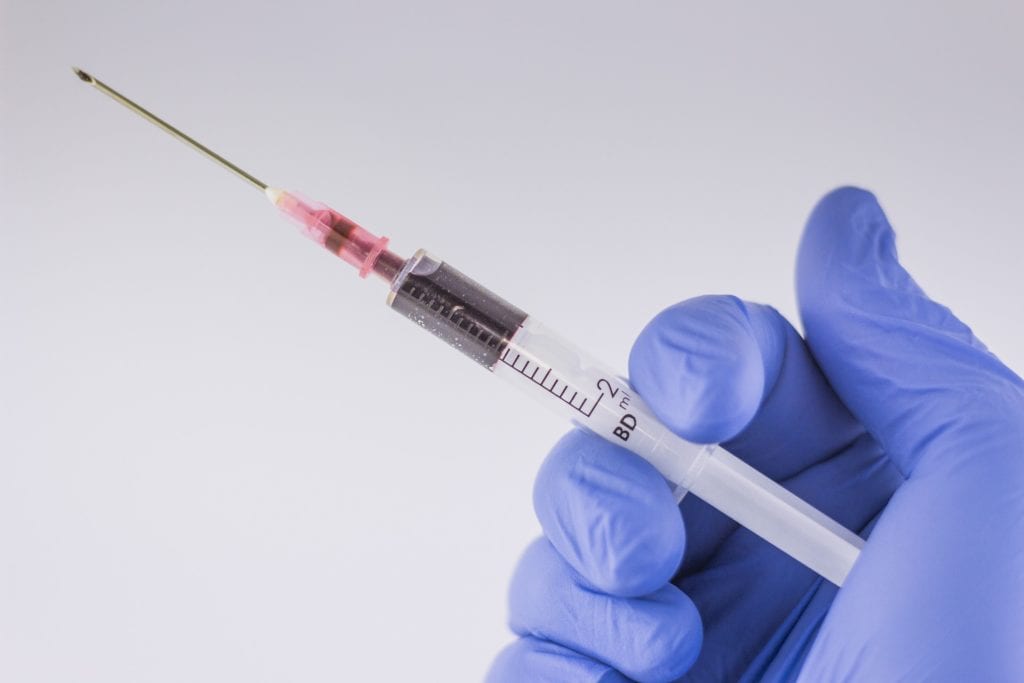
Probably at some point in your life, you may experience the blood draw for either a medical test or for donating blood. For most people, having blood taken is an easy and relatively painless job; for some, it may be an unpleasant experience. For ensuring a comfortable and easy blood draw, one must do some preparation and follow a few simple strategies. This blog post discusses the simple strategies to be followed before a blood draw, during a blood test and post blood draw for an easy and relatively painless experience.